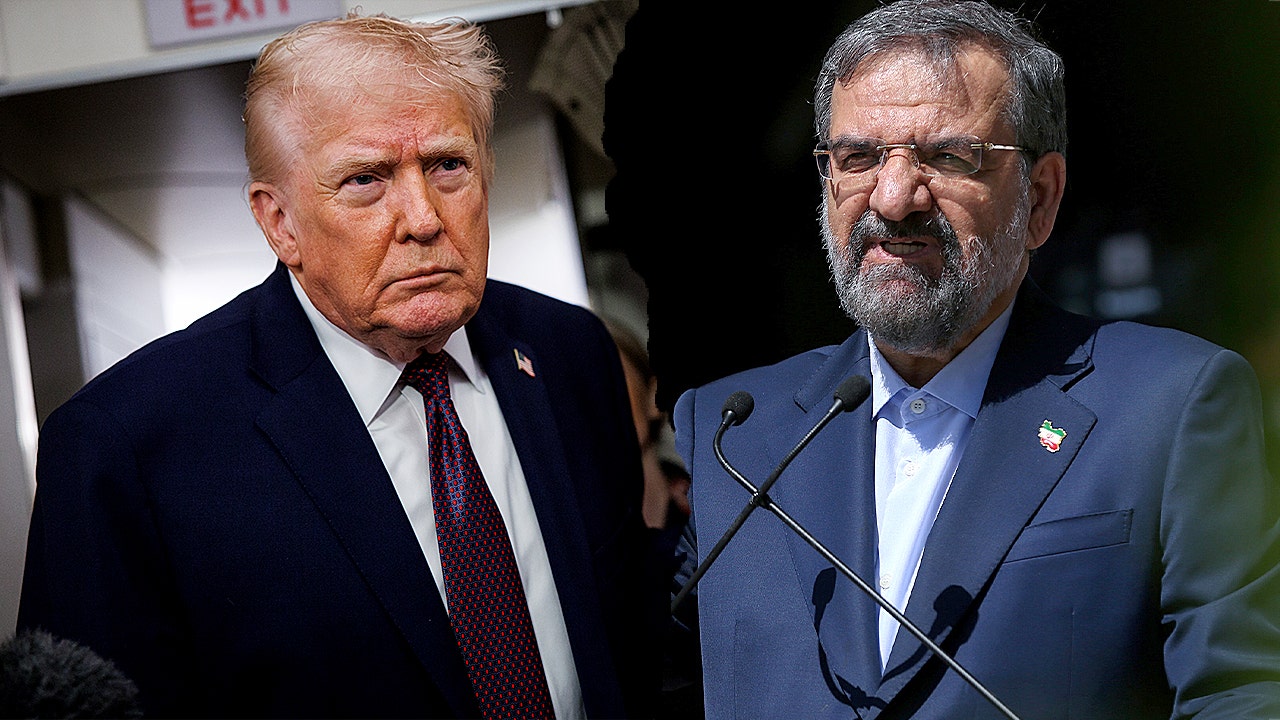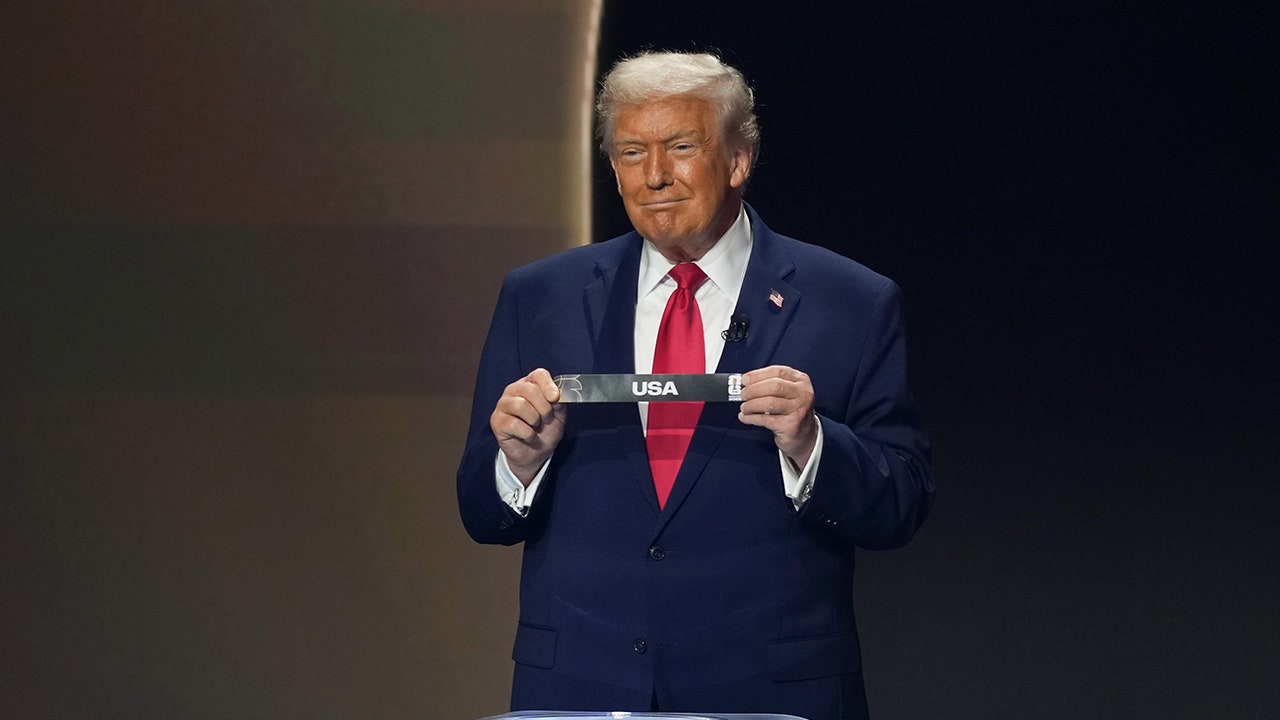Columbia’s move places it in line with the Education Department as federal funding negotiations continue
Anti-Israel journalist Peter Beinart, a New York Times contributor, took aim at Columbia University’s decision to adopt the International Holocaust Remembrance Alliance’s definition of anti-Semitism, arguing that “close to none” of the school’s faculty members “who teach classes on antisemitism” support it.
The IHRA defines anti-Semitism as “a certain perception of Jews, which may be expressed as hatred toward Jews,” and lists examples such as inciting violence against Jews, denying or minimizing the Holocaust, and holding Jews collectively responsible for Israel’s actions. President Donald Trump first adopted the IHRA definition at the federal level via a 2019 executive order before expanding on that order in January. The Education Department considers the IHRA definition when investigating civil rights complaints and encourages schools to do the same.
Columbia followed suit on Tuesday, with acting president Claire Shipman announcing that the school would incorporate the IHRA definition “into the work of our Office of Institutional Equity.” Beinart blasted the move in a tweet.
“So @Columbia has just adopted the IHRA definition of antisemitism,” wrote Beinart, a longtime Atlantic writer and Times opinion contributor. “How many of the Columbia faculty who teach classes on antisemitism do you think support this decision. My guess: Close to None.”
Beinart has a long history of anti-Israel activism. He has denied Israel’s right to exist and received over six figures in working for the Foundation for Middle East Peace, a U.S.-based nonprofit that bankrolls a host of anti-Israel organizations, the Washington Free Beacon reported.
Columbia’s decision to adopt the IHRA definition comes as the school nears a settlement with the Trump administration, which has revoked more than $430 million in federal funds from Columbia for failing to rein in anti-Semitic protests and protect Jewish students.
The proposed deal requires Columbia to compensate the victims of unlawful discrimination and increase the transparency of its hiring and admissions process, though it does not include other White House demands such as a consent decree and reforms to Columbia’s governance structure, the Free Beacon reported. It has attracted criticism from Columbia’s critics as a result.
Columbia in April received a “D” on the Anti-Defamation League’s 2025 campus anti-Semitism report card. The ADL evaluated 135 universities based on the schools’ administrative policies, responses to anti-Semitic incidents, and protections for Jewish students.
Read the full article here









